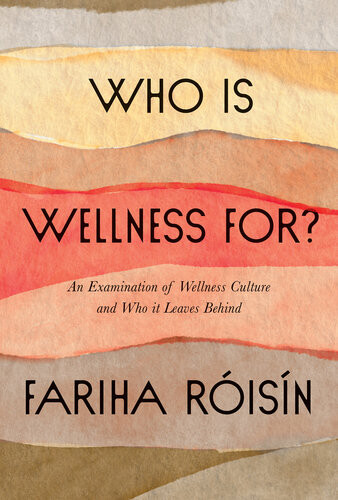

Most ebook files are in PDF format, so you can easily read them using various software such as Foxit Reader or directly on the Google Chrome browser.
Some ebook files are released by publishers in other formats such as .awz, .mobi, .epub, .fb2, etc. You may need to install specific software to read these formats on mobile/PC, such as Calibre.
Please read the tutorial at this link: https://ebookbell.com/faq
We offer FREE conversion to the popular formats you request; however, this may take some time. Therefore, right after payment, please email us, and we will try to provide the service as quickly as possible.
For some exceptional file formats or broken links (if any), please refrain from opening any disputes. Instead, email us first, and we will try to assist within a maximum of 6 hours.
EbookBell Team

0.0
0 reviewsGrowing up in Australia, Fariha R�is�n, a Bangladeshi Muslim, struggled to fit in. In attempts to assimilate, she distanced herself from her South Asian heritage & identity. Years later, living in the United States, she realized that the customs, practices, & even food of her native culture that had once made her different--everything from ashwagandha to prayer--were now being homogenized & marketed for good health, often at a premium by white people to white people.
In this thought-provoking book, part memoir, part journalistic investigation, the acclaimed writer & poet explores the way in which the progressive health industry has appropriated & commodified global healing traditions. She reveals how wellness culture has become a luxury good built on the wisdom of Black, brown, & Indigenous people — while ignoring & excluding them.
Who Is Wellness For? is divided into four sections, beginning with The Mind, in which Fariha examines the art of meditation & the importance of intuition. In part two, The Body, she investigates the physiology of trauma, detailing her own journey with fatphobia & gender dysmorphia, as well as her own chronic illness. In part three, Self-Care, she argues against the self-care industrial complex but cautious us against abandoning care completely & offers practical advice. She ends with Justice, arguing that if we truly want to be well, we must be invested in everyone's well being & shift toward nurturance culture.
Deeply intimate & revelatory, Who Is Wellness For? forces us to confront the imbalance in health & healing & carves a path towards self-care that is inclusionary